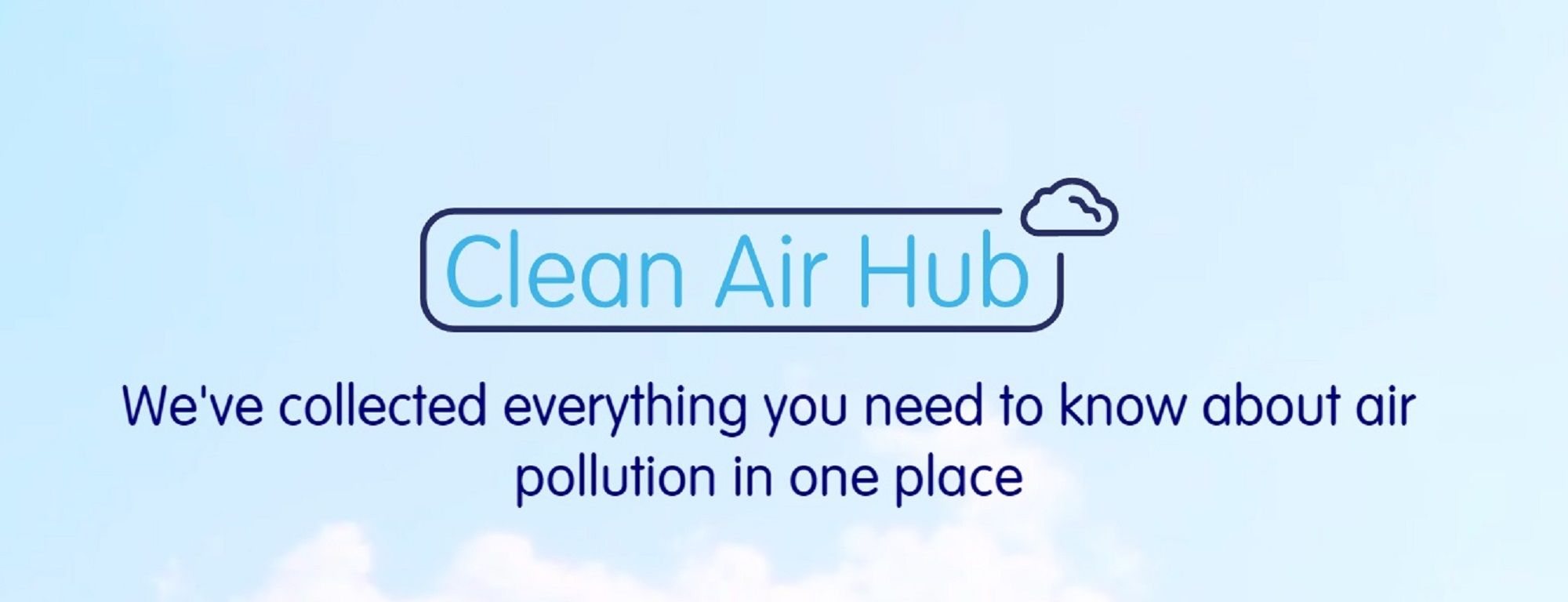 The Breathe London network was relaunched in early 2021. The Mayor of London’s funding will be used to install and manage the initial network of 130 sensor nodes, establish robust QA/QC and correction procedures, and create the enhanced LAQN web pages and tools.
The Breathe London network was relaunched in early 2021. The Mayor of London’s funding will be used to install and manage the initial network of 130 sensor nodes, establish robust QA/QC and correction procedures, and create the enhanced LAQN web pages and tools.
The first 40 sensor nodes have been placed in highly sensitive locations such as schools and hospitals already allocated by the Mayor as part of the Breathe London pilot network. With our sensor node partners, Clarity, we then created a mechanism for communities to propose new long-term monitoring locations based on local need such as vulnerable sub-groups, suspected hotspots, evaluation of interventions etc, expanding the network by a further 90 locations by the end of 2021.
Given the level of concern of air quality issues in London, this initial network of sites will be insufficient to meet all local needs. A proposal scheme will therefore be launched to incorporate further nodes based on a low annual subscription fee, allowing the new network to continue to expand and evolve in future years.
London will be the first major city in the world to have a combined reference and sensor network that provides communities with a voice in where robust long-term air quality monitoring is carried out.
There is however a cost associated with the purchase and installation of sensor nodes and ongoing management of their measurements. In many cases, communities will be able to partner with local businesses and organisations to help meet these costs, but this may not be possible in some areas of greatest vulnerability and need. We will establish a sponsorship programme, where groups will be able to apply for one or more ‘Bloomberg’ nodes with all associated costs met by a reserved fund.
In addition to the benefits an enhanced dense network of monitors will deliver to London and its residents, the targeted delivery of monitoring data direct to communities has the potential to drive step changes in awareness, engagement, evidence gathering and other forms of impact in hyperlocal settings. The Breathe London network will stimulate this by providing tools for information dissemination that give the community hosts ownership of their data.
PIs: Professor Frank Kelly and Dr Ben Barratt
Social media
Keep up to date by following us on our social channels
Twitter: ERGImperial | YouTube: Environmental Research Group


